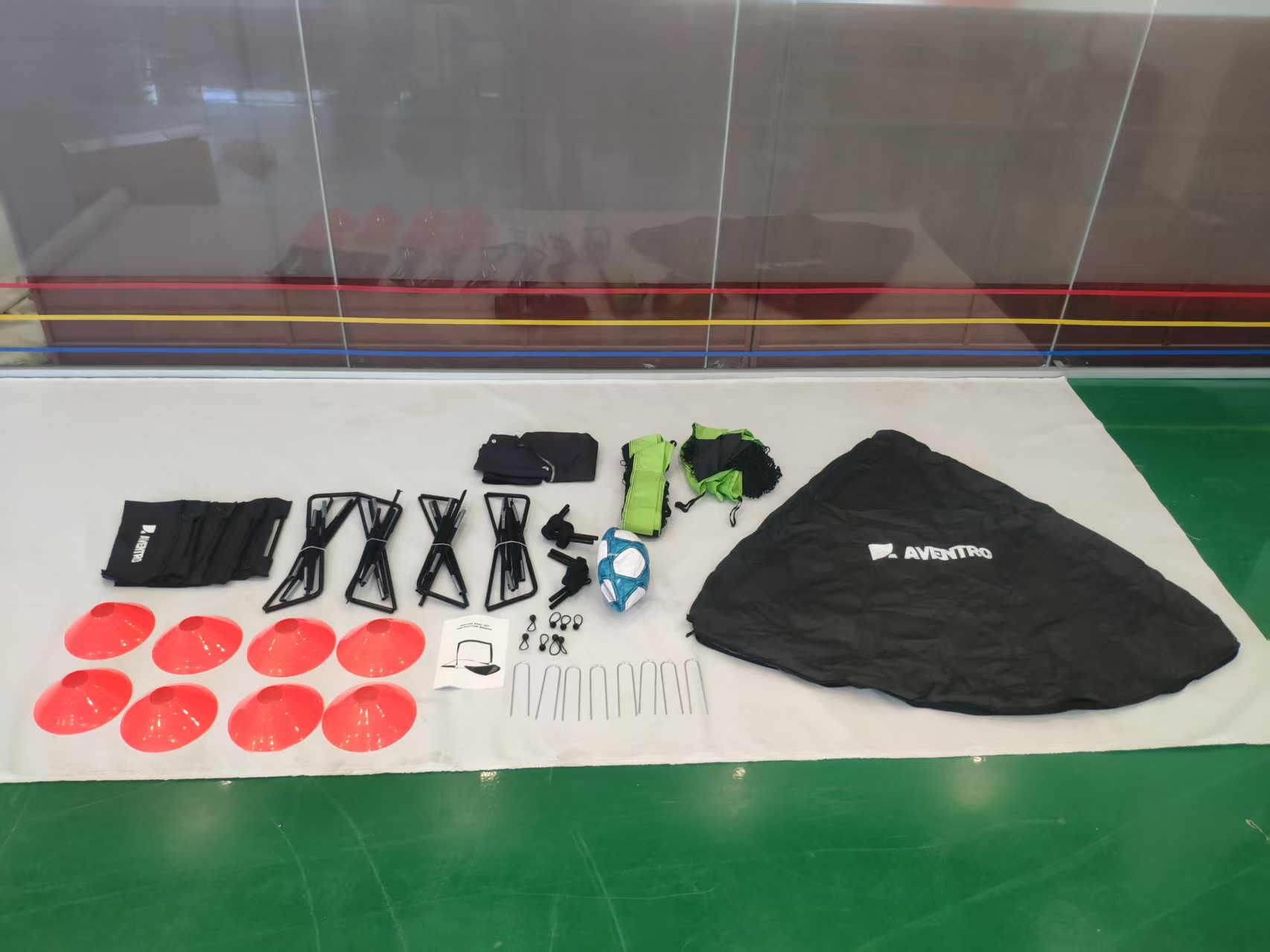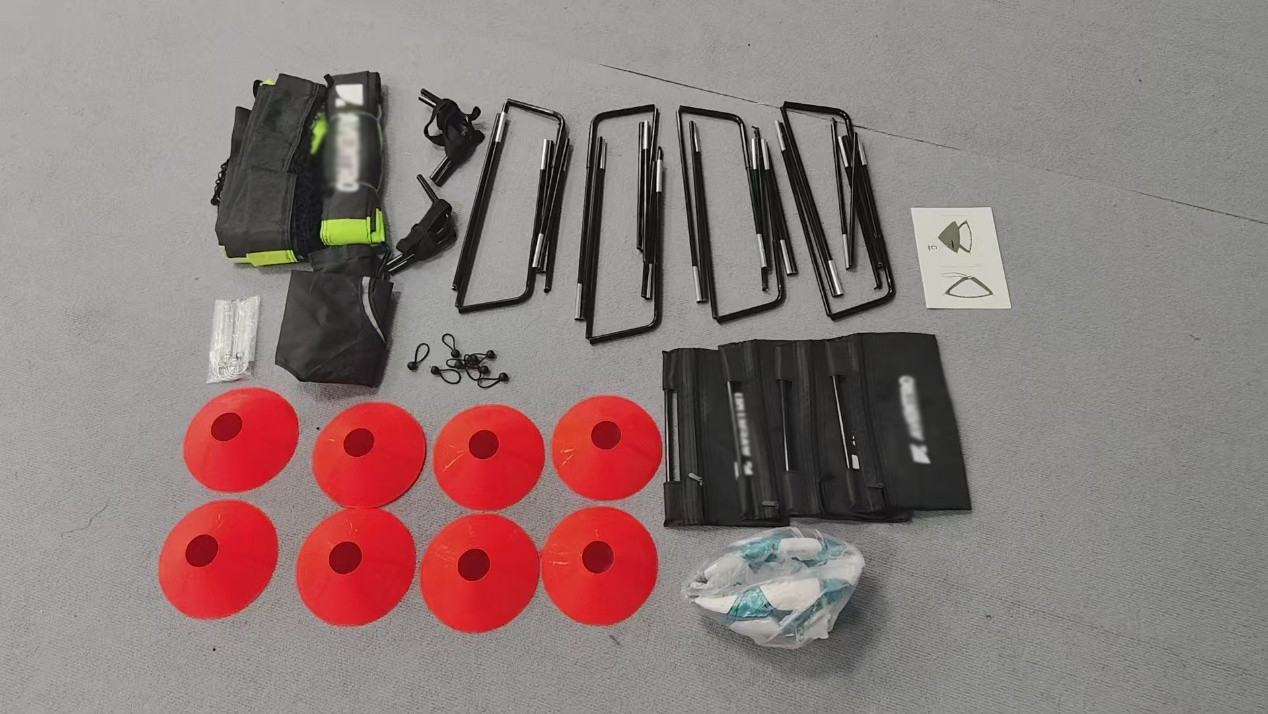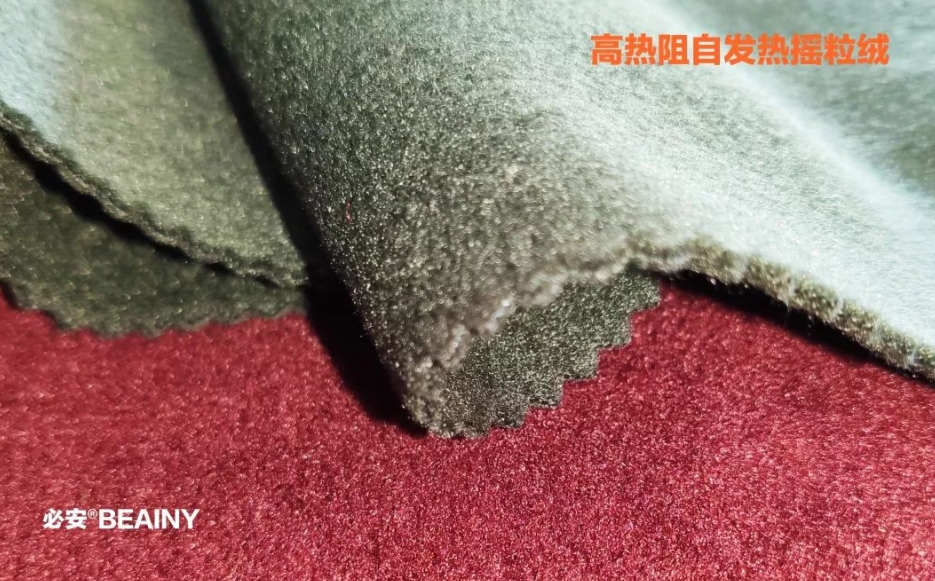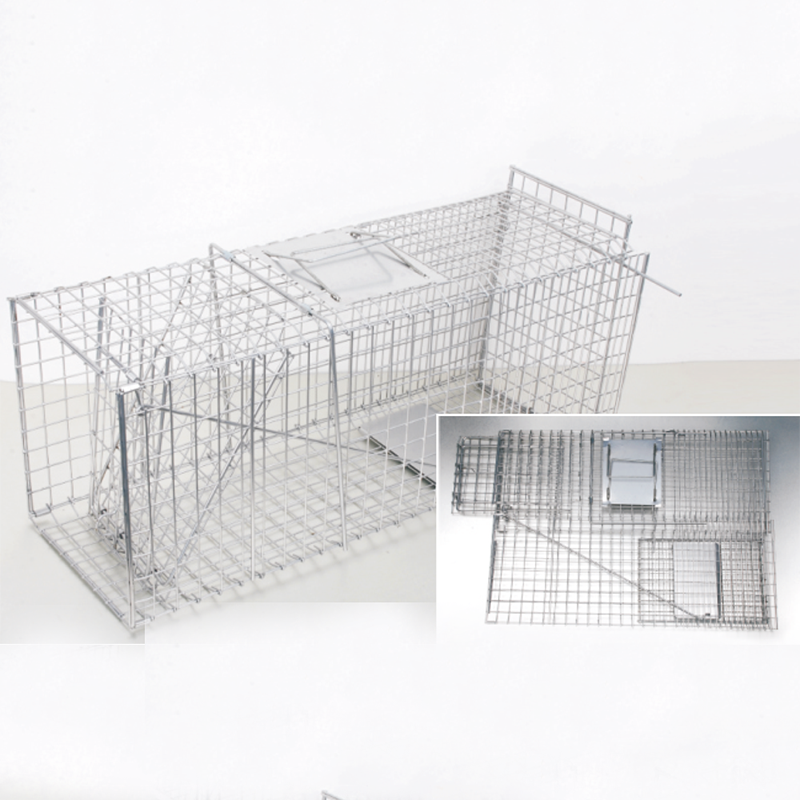Since electric heating is widely used in chemical pipelines, electric heating, as an advanced technology for pipeline insulation, anti-freeze, and anti-corrosion, plays an increasingly important role in the chemical industry. The following will introduce the role of electric heating in chemical pipelines from several aspects.
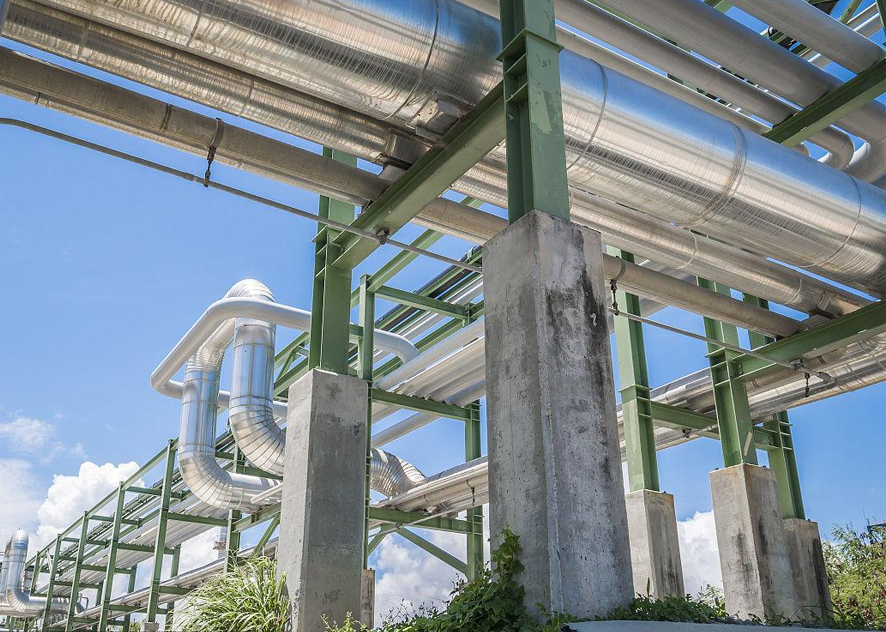
1. Pipe insulation
Electric heat tracing plays a good role in pipe insulation. In chemical pipelines, due to the high temperature of the transported medium, in order to reduce energy loss, the pipelines need to be insulated. As a new type of insulation technology, electric heat tracing converts electrical energy into thermal energy to increase the temperature of the insulation material on the outer layer of the pipe to achieve the purpose of insulation. Compared with traditional insulation materials, electric heat tracing has the advantages of being more efficient, energy-saving, and environmentally friendly, so it has been widely used in chemical pipeline insulation.
2. Antifreeze
In the northern winter, chemical pipelines are easily affected by low temperatures and freeze and crack. In order to prevent pipes from freezing and cracking, antifreeze measures need to be taken. As an anti-freezing technology, electric heating keeps the temperature of the medium inside the pipeline at a high level by converting electrical energy into heat energy, thereby avoiding freezing of the pipeline. At the same time, electric heat tracing can also form a protective film on the outside of the pipe to prevent the pipe from cracking due to the influence of external temperature.
3. Anti-corrosion
The media transported in chemical pipelines are often corrosive to a certain extent and can easily cause corrosion to the pipelines. To prevent pipeline corrosion, anti-corrosion measures need to be taken. As an anti-corrosion technology, electric heat tracing avoids the condensation and precipitation of corrosive substances in the medium by increasing the temperature of the pipeline, thereby reducing the possibility of pipeline corrosion. At the same time, electric heat tracing can also form a protective film on the surface of the pipeline to prevent the pipeline from being eroded by corrosive substances.
In short, the role and application of electric heat tracing in chemical pipelines are very extensive. By installing an electric heating system on chemical pipelines, the working efficiency and safety of the pipeline can be improved, and problems such as freeze cracking and corrosion of the pipeline can be avoided.

 English
English Español
Español Português
Português русский
русский français
français 日本語
日本語 Deutsch
Deutsch Tiếng Việt
Tiếng Việt Italiano
Italiano Nederlands
Nederlands ไทย
ไทย Polski
Polski 한국어
한국어 Svenska
Svenska magyar
magyar Malay
Malay বাংলা
বাংলা Dansk
Dansk Suomi
Suomi हिन्दी
हिन्दी Pilipino
Pilipino Türk
Türk Gaeilge
Gaeilge عربى
عربى Indonesia
Indonesia norsk
norsk اردو
اردو čeština
čeština Ελληνικά
Ελληνικά Українська
Українська Javanese
Javanese فارسی
فارسی தமிழ்
தமிழ் తెలుగు
తెలుగు नेपाली
नेपाली Burmese
Burmese български
български ລາວ
ລາວ Latine
Latine Қазақ
Қазақ Euskal
Euskal Azərbaycan
Azərbaycan slovenský
slovenský Македонски
Македонски Lietuvos
Lietuvos Eesti Keel
Eesti Keel Română
Română Slovenski
Slovenski मराठी
मराठी Српски
Српски 简体中文
简体中文 Esperanto
Esperanto Afrikaans
Afrikaans Català
Català עִברִית
עִברִית Cymraeg
Cymraeg Galego
Galego 繁体中文
繁体中文 Latvietis
Latvietis icelandic
icelandic יידיש
יידיש Беларус
Беларус Hrvatski
Hrvatski Kreyòl ayisyen
Kreyòl ayisyen Shqiptar
Shqiptar Malti
Malti lugha ya Kiswahili
lugha ya Kiswahili አማርኛ
አማርኛ Bosanski
Bosanski Frysk
Frysk ជនជាតិខ្មែរ
ជនជាតិខ្មែរ ქართული
ქართული ગુજરાતી
ગુજરાતી Hausa
Hausa Кыргыз тили
Кыргыз тили ಕನ್ನಡ
ಕನ್ನಡ Corsa
Corsa Kurdî
Kurdî മലയാളം
മലയാളം Maori
Maori Монгол хэл
Монгол хэл Hmong
Hmong IsiXhosa
IsiXhosa Zulu
Zulu Punjabi
Punjabi پښتو
پښتو Chichewa
Chichewa Samoa
Samoa Sesotho
Sesotho සිංහල
සිංහල Gàidhlig
Gàidhlig Cebuano
Cebuano Somali
Somali Точик
Точик O'zbek
O'zbek Hawaiian
Hawaiian سنڌي
سنڌي Shinra
Shinra հայերեն
հայերեն Igbo
Igbo Sundanese
Sundanese Lëtzebuergesch
Lëtzebuergesch Malagasy
Malagasy Yoruba
Yoruba





